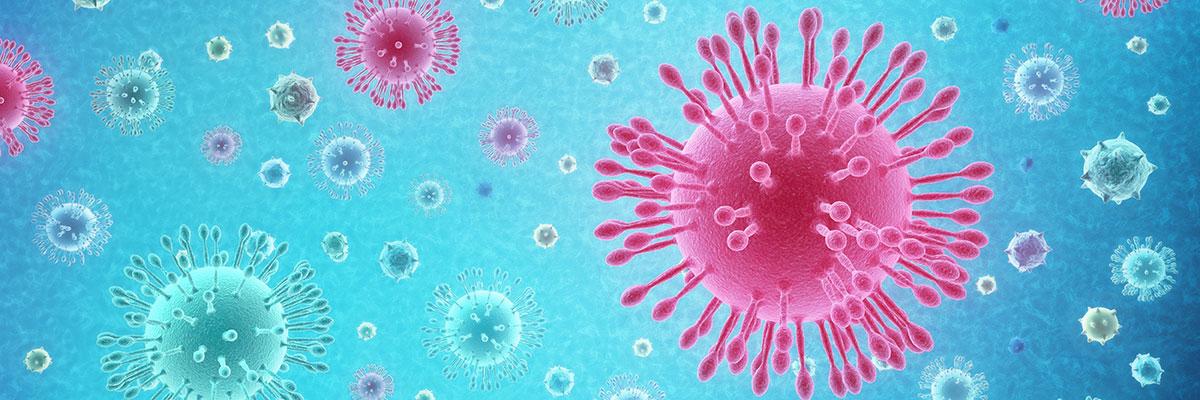

AHA Special Bulletin on CMS FAQs on Legislations’ COVID-19 Medicaid/CHIP Provisions
The Centers for Medicare & Medicaid Services (CMS) April 13 issued guidance implementing legislative provisions specific to enhanced federal funding for Medicaid and Children’s Health Insurance Program, as well as a new state Medicaid option to cover COVID-19 diagnostic testing and services for the uninsured, as authorized by the Families First Coronavirus Response Act (FFCRA) and the Coronavirus Aid, Relief, and Economic Security (CARES) Act. The guidance is in the form of frequently asked questions (FAQs) similar to previously issued COVID-19-related guidance from CMS. The following is a summary of key provisions.
Optional Coverage for COVID-19-related Testing for the Uninsured
State Medicaid programs can cover uninsured individuals for COVID-19-related diagnostic testing and services with full federal financing through a new optional eligibility group. Coverage for the new COVID-19 testing group is effective on or after March 18, 2020 through the duration of the public health emergency. Covered services include COVID-19 testing, as well as serological tests to determine the presence of the virus antibodies. Related services covered include the administration of the test and evaluations related to testing, such as X-rays. States that did not expand Medicaid will be able to use the Medicaid option to cover COVID-19-related services for uninsured adults who otherwise would have qualified for Medicaid if the state had chosen to expand. In addition, states will be able to use the option to provide testing coverage for those individuals provided limited Medicaid eligibility based on health conditions. There is no income or resource test for the new COVID-19 testing group. States will be able to accept self-attestation of an individual’s uninsured status and can use outstation locations to process eligibility applications. States choosing this new eligibility option must complete CMS’s template form.
Medicaid, CHIP and Basic Health Program Related Provisions
State Medicaid and CHIP programs are required to cover COVID-19 testing and related services effective March 18, 2020 through the COVID-19 emergency period. Covered services includes administration and evaluation for the test, as well as serological testing. States are prohibited from imposing any cost sharing for COVID-19 diagnostic services during the emergency period.
Basic Health Plan coverage for COVID-19 testing is explained in previous CMS guidance. COVID-19 diagnostic and testing services are considered an essential health benefit and are covered; however, cost-sharing amounts, coverage details and prior authorization requirements could vary by plan.
Federal Medical Assistance Percentage (FMAP)
States must meet certain maintenance-of-effort (MOE) requirements before they are eligible to receive the temporary 6.2 percentage increase in their FMAP. Those MOE requirements include maintaining certain eligibility requirements as well and not imposing premium increases on Medicare beneficiary as of Jan. 1. 2020. For states that increased their premiums above the Jan. 1 level, they will have a 30-day grace period to restore premiums to amounts no greater than those in effect as of Jan. 1. States also must reimburse beneficiaries for higher amounts charged after Jan. 1 in order to obtain the temporary 6.2 percentage point FMAP increase.
Further Questions
If you have questions, please contact the AHA at 800-424-4301.

